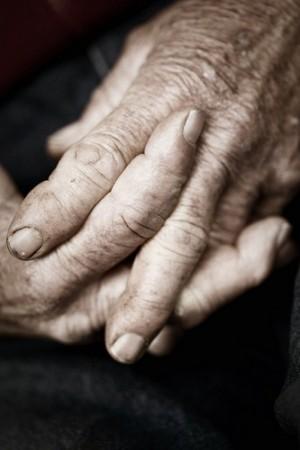
The number of people affected with dementia is higher than initially estimated. According to the latest report from Alzheimer Disease International in the UK, an international federation of Alzheimer's associations across the world, nearly 44 million people across the globe are living with the brain disorder and the number is expected to more than triple by reaching 135 million in 2050.
The latest data showed an alarming increase in dementia cases revealed in the 2009 World Alzheimer's Report. The 2009 report predicted 35 million dementia cases in 2013, 66 million in 2030 and 115 in 2050. However, the new report found a 17 percent increase in the 2009 estimates, making the figure to 44, 76 and 135, respectively.
The condition was more prevalent in the industrialised countries. However, the new report saw a sudden shift in the whole set up and said that low and middle income countries will have higher number of dementia cases in the future, than the high income countries. According to the report, nearly 71 percent of dementia cases will be in the economically poorer countries by 2050.
While releasing the policy brief, researchers also pointed out the absence of a national dementia plan in most countries across the world. Concerned with the findings, researchers urged authorities, including governments, non-profit organisations and industries to join hands, prepare and implement a plan to deal with the dementia epidemic.
"The governments of the world's richest nations are focusing today upon dementia. This is a global problem that is, increasingly, impacting on developing countries with limited resources and little time to develop comprehensive systems of social protection, health and social care," Professor Martin Prince, from King's College London and author of the Policy Brief, said in a news release. "While we all hope for advances in treatment that could blunt the impact of the coming epidemic, we need to agree now to work together to close the diagnosis and treatment gap. Nobody should be left without access to support and care."
The organisation released briefings of the report on Thursday, before presenting it at the first G8 Summit in London, on 11 December.













